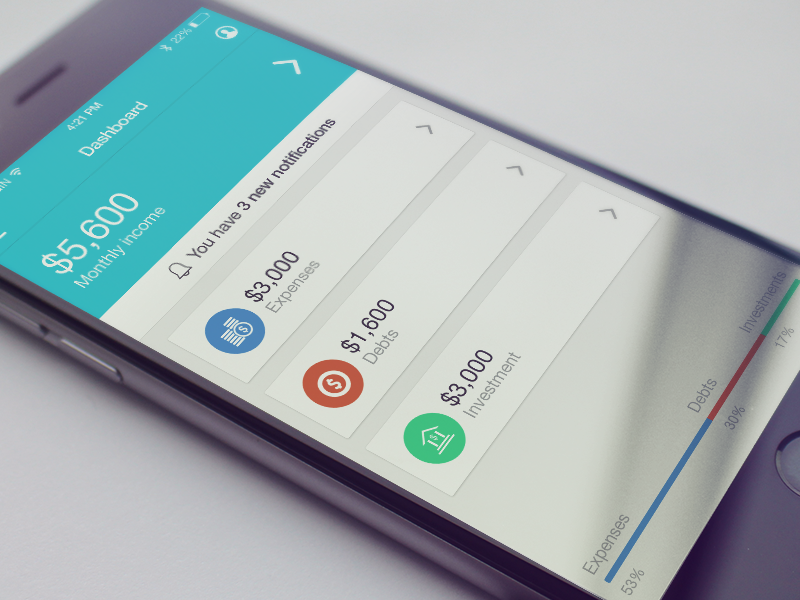

Website: Booster mybudgetpal App (online only, not available on the Apple App Store or Google Play)


The helpful FAQs explain that your data is safe and secure. It's not an app as you access it via a secure website.You don't need to be a Booster customer to use it.A budgeting module lets you schedule upcoming bills and payment due dates to get motivated.Spending limits help change behaviours.This means you can have a single view on where you're spending your money. mybudgetpal syncs with your bank accounts every day and automatically sorts your transactions into expense categories.Spending limits are a feature (meaning you can save more and incur less unnecessary expenses by seeing where your money goes)ĭoes it sync automatically with New Zealand bank accounts?.mybudgetpal gives you a complete view of your finances it tracks your spending so you can compare spending over different periods and isolate areas or habits that need attention.Additionally, you don't need to be a member of the Booster KiwiSaver Scheme.
#BUDGET PLANNING APP QU FREE#
You can get personalized budget assistance and help with more complicated things, like negotiating with your creditors or finding out which financial assistance programs you qualify for.In a nutshell, Booster's mybudgetpal is a program that that synchs with your bank account and is free to use. Seek help: The National Foundation for Credit Counseling is a reputable nonprofit organization that offers financial planning help.This doesn’t mean you deprive yourself of these things forever it just normalizes not spending as much money on them and finding cheaper alternatives. Do a no-spend challenge: Try to eliminate spending for a month (or several) on a problem area in your budget, such as clothing or entertainment.You can ask a lender for a modified payment plan or refinance your debt into more manageable payments. Negotiate with creditors: If debt payments are pushing you into the red, reach out to your creditors.But going through your bank statements to see what you really spend can help you find areas you can work on. Review your spending: It’s easy to guesstimate your spending with the calculator above.Find ways to boost your income: Whether it’s working a side hustle or a part-time job or asking for a raise at your current job, finding a way to boost the income side of the equation can have the biggest impact of all.Other: This is for all other expenses that don’t quite fit in any of the categories above.Savings and investments: Money that you regularly save for an emergency fund or vacation fund, as well as long-term goals like college, retirement, and a home.It also includes medications, glasses or contacts, and the like. Health care: This includes all the out-of-pocket costs for health insurance, dental insurance, and vision insurance, such as premiums (if they're not deducted from a paycheck), copays, coinsurance, and deductibles.This category also includes debt payments (outside of mortgages and student loans) and vacation expenses.
#BUDGET PLANNING APP QU TV#


 0 kommentar(er)
0 kommentar(er)
